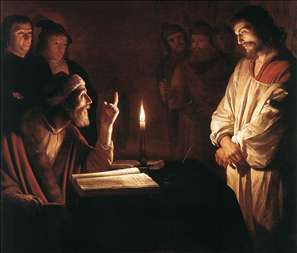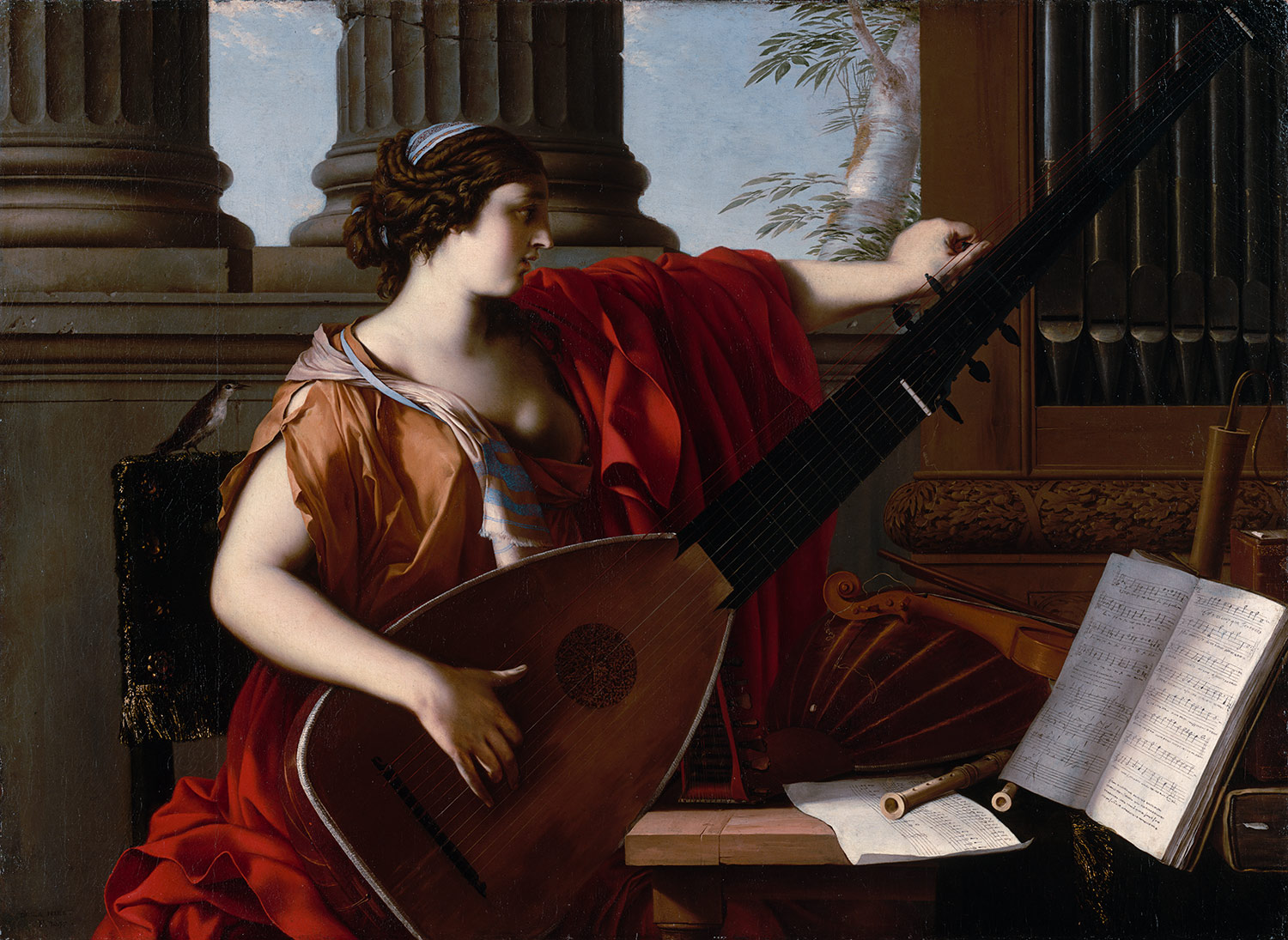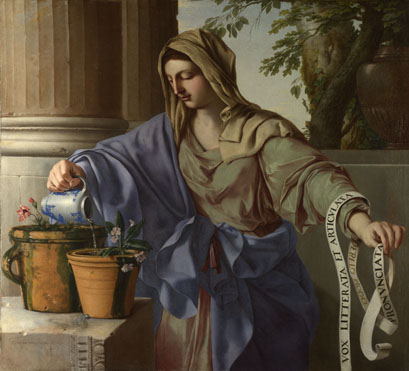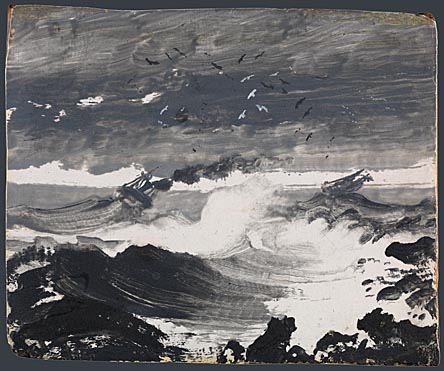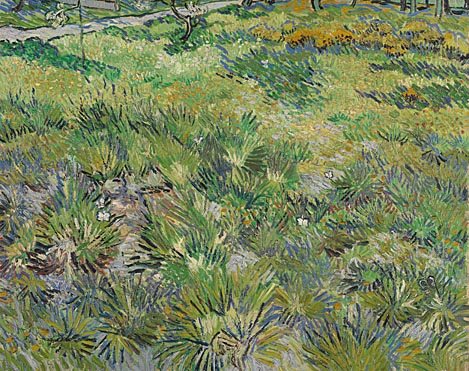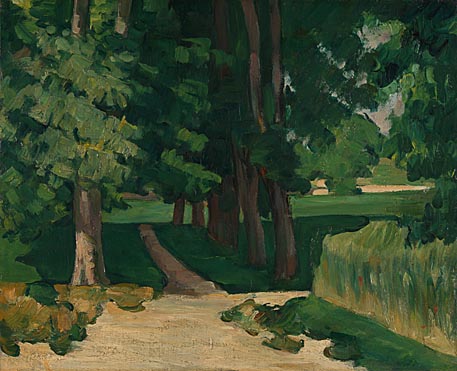This exhibit is amazing. It uses fabric to encase all of the pills taken by two human beings - male and female - over their life-time. Here is a blurb from the British Museum's website:
"Cradle to Grave explores our approach to health in Britain today. The piece incorporates a lifetime supply of prescribed drugs knitted into two lengths of fabric, illustrating the medical stories of one woman and one man.
Each length contains over 14,000 drugs, the estimated average prescribed to every person in Britain in their lifetime. This does not include pills we might buy over the counter, which would require about 40,000 pills each.
Some of the treatments are common to both: each starts at birth with an injection of vitamin K and immunizations, and both take antibiotics and painkillers at various times. Other treatments are more specific. The woman takes contraceptive pills, and hormone replacement therapy in middle age. The man has asthma and hay fever when young, but enjoys good health until his fifties. He finally stops smoking after a bad chest infection when he is seventy. He is treated for high blood pressure for the last ten years of his life and has a heart attack and dies of a stroke in his seventies. He takes as many pills in the last ten years of his life as in the first sixty-six.
Cradle to Grave also contains family photographs and other personal objects and documents. The captions, written by the owners, trace typical events in people's lives. These show that maintaining a sense of well-being is more complex than just treating episodes of illness.
Pharmacopoeia are Susie Freeman, Dr Liz Lee and David Critchley."

